They are independent local labs connected through a global network. FabLab Nepal opened in January 2021 as part of Impact Hub Kathmandu, and from the very beginning they made it clear that their priority was to develop a humanitarian agenda to engage members of marginalised groups. Providing access to knowledge, tools and resources to Nepalese people, regardless of their gender, social status, ability or economic means is pivotal and challenging in a developing country where gender, ethnic and social discrimination are still a major issue.
When I met the team in 2022 and explored avenues for collaborations between FabLab Nepal/Impact Hub Kathmandu and The Open University, our shared interest in the potential of STEAM education emerged. STEAM stands for science, technology, engineering, arts and mathematics. Compared to traditional STEM programmes, arts are included, to foster innovation, critical thinking, problem solving and collaboration. STEAM focuses on using imagination and creativity through the arts in ways that bring value to STEM learning.
During my field trip in Nepal, I was invited to join some sessions of the year-long programme that FabLab Nepal and Impact Hub Kathmandu, in collaboration with the non-profit organisation Karkhana Samuha and with the support of the US Embassy in Nepal, developed. The programme targeted Community and Government (CG) schools in the Kathmandu Valley, with a focus on children from low-income families and girls.
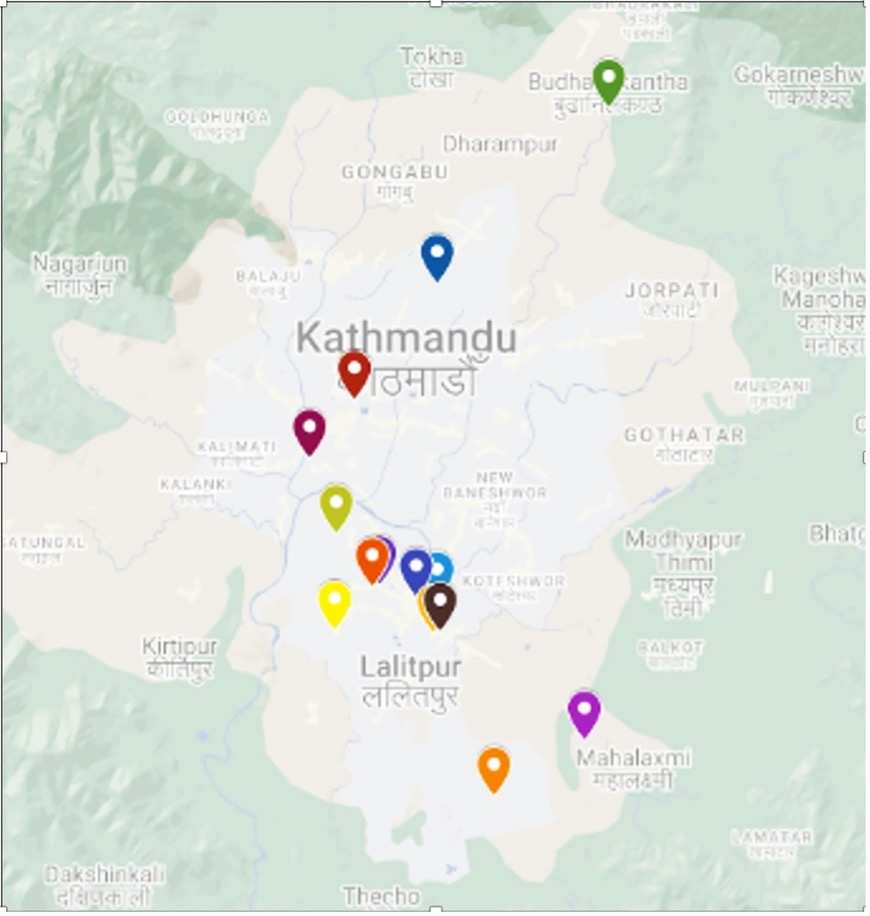
One of the key emphases of the programme was in fact on encouraging gender equality in the STEAM sector of Nepal by allocating more than half of the available seats to female students, who still face an opportunity deficit in Nepal as they are more likely to be sent to CG schools than boys.
Due to weak financial backgrounds, most CG schools, unlike private schools, do not have the necessary infrastructure, resources and skilled teaching staff to provide their students with the required digital and critical skills to function and succeed in the modern world, to progress to higher education studies or discover and pursue their interests (Thapa, 2015; Mottaleb et al., 2019). The COVID-19 pandemic lockdowns further exacerbated the discrepancy between private and public school children due to the requirement of online learning platforms unavailable to CG schools and students (Dawadi et al., 2020; Devkota, 2021). Hence, intervention in the post-pandemic period was seen as particularly necessary.
The programme involved hands-on project-based learning sessions conducted at FabLab Nepal. The course took an interdisciplinary approach to integrate multiple disciplines and expose students to the Project Based Learning (PBL) approach with hands-on, project-based learning sessions conducted at FabLab Nepal. The goal was to expose children that had only experienced a traditional, theoretical and text-based way of learning to playfulness and experiential learning, to promote engagement, group work, and the development of critical thinking and problem-solving skills.| Participating schools | Total participants | Female | Male |
|---|---|---|---|
| Lalit Kalyan Kendra Adharbhut Vidyalaya | 15 | 6 | 9 |
| Saraswoti Niketan Madhiyamik Vidhyalaya | 15 | 6 | 9 |
| Shree Mahendra Bhrikuti Secondary School | 15 | 7 | 9 |
| Adarsha Kanya Niketan Higher Secondary School | 15 | 15 | 0 |
| Total | 60 | 34 | 27 |
| Name of workshop | Name of school | No. of participants | Female | Male |
|---|---|---|---|---|
| Scribbler Bot | Shivapuri Secondary School | 20 | 10 | 10 |
| Storytelling with Light | Jana Uddhar Secondary School | 21 | 10 | 11 |
| Storytelling with Light | Tripadma Vidyashram | 20 | 11 | 9 |
| Hoop Glider | Prabhat Secondary School | 20 | 9 | 11 |
| Hoop Glider | Tika Bidyashram Secondary School | 20 | 10 | 10 |
| LED greeting card | Annapurna Secondary School | 20 | 10 | 10 |
| Foo machine | Shramjit Kisor School | 20 | 10 | 10 |
| Foo machine | Adarsha Kanya Niketan | 20 | 20 | 0 |
| Thaumatrope | Lalit Kalyan Basic School | 22 | 13 | 9 |
| Periscope | Shivapuri Secondary School | 20 | 11 | 9 |
| Foo machine |
Shree Madan Smarak Higher Secondary School | 35 | 20 | 15 |
| Total | 319 | 176 | 14 |
| Name of school | Name of workshop |
|---|---|
| Lalit Kalyan Kendra Adharbhut Vidyalaya | Basic electronics TinkerCAD basics Traffic light Making things move Sensing Things 1 Sensing Things 2 Novel Engineering l Novel Engineering ll |
| Saraswoti Niketan Madhiyamik Vidyalaya | Design: How to design and Inkscape Greeting card design in Inkscape and use Cricut machine to fabricate Use vinyl cutter and heat press to design mask Laser Cutting Use of Digital Embroidery Machine Project Based Learning using Human Centered Design l Project Based Learning using Human Centered Design ll |
| Shree Mahendra Bhrikuti Secondary School | Introduction to Tinkercad and Basic electronics Introduction to Arduino Making things Glow Sensing things Making things move Novel Engineering l Novel Engineering ll Novel Engineering lll |
| Adarsha Kanya Niketan Higher Secondary School | Design, how to design, and Inkscape Greeting card design in Inkscape and use Cricut machine to fabricate Use of Digital Embroidery Machine Use a vinyl cutter and heat press to design mask Use of laser Cutter Project-Based Learning using Human-Centered l Project-Based Learning using Human-Centered ll Project-Based Learning using Human-Centered lll |
Following the 8-week workshop sessions, participating student teams were part of a showcase event of the STEAM projects to a panel of professionals from the local tech and engineering sectors, which gave students the opportunity to work on presentation and communication skills and strengthen their leadership capabilities.
Feedback from students and teachers emphasised the empowering element of learning thorough activities that are engaging fun and playful and that fosters curiosity and engagement through making.
Enthusiasm for a creative and fun approach to teaching is reflected in the teachers’ comments collected for the Programme’s final report (Impact Hub Kathmandu, 2022):
From the students’ words emerge a feeling of empowerment, nourished by the exploratory and hands-on approach of the STEAM labs and the opportunities to develop solutions to problems perceived as challenging through independent and collaborative work.
Overall, the programme confirmed the importance for children to learn through hand-on experiences to think creatively, use innovation to find unique solutions to common problems, develop collaboration and overcome fears. This is even more important in developing countries, like Nepal, where challenges and opportunities of the modern world coexist with social, gender and economic issues that too often leave too many behind.
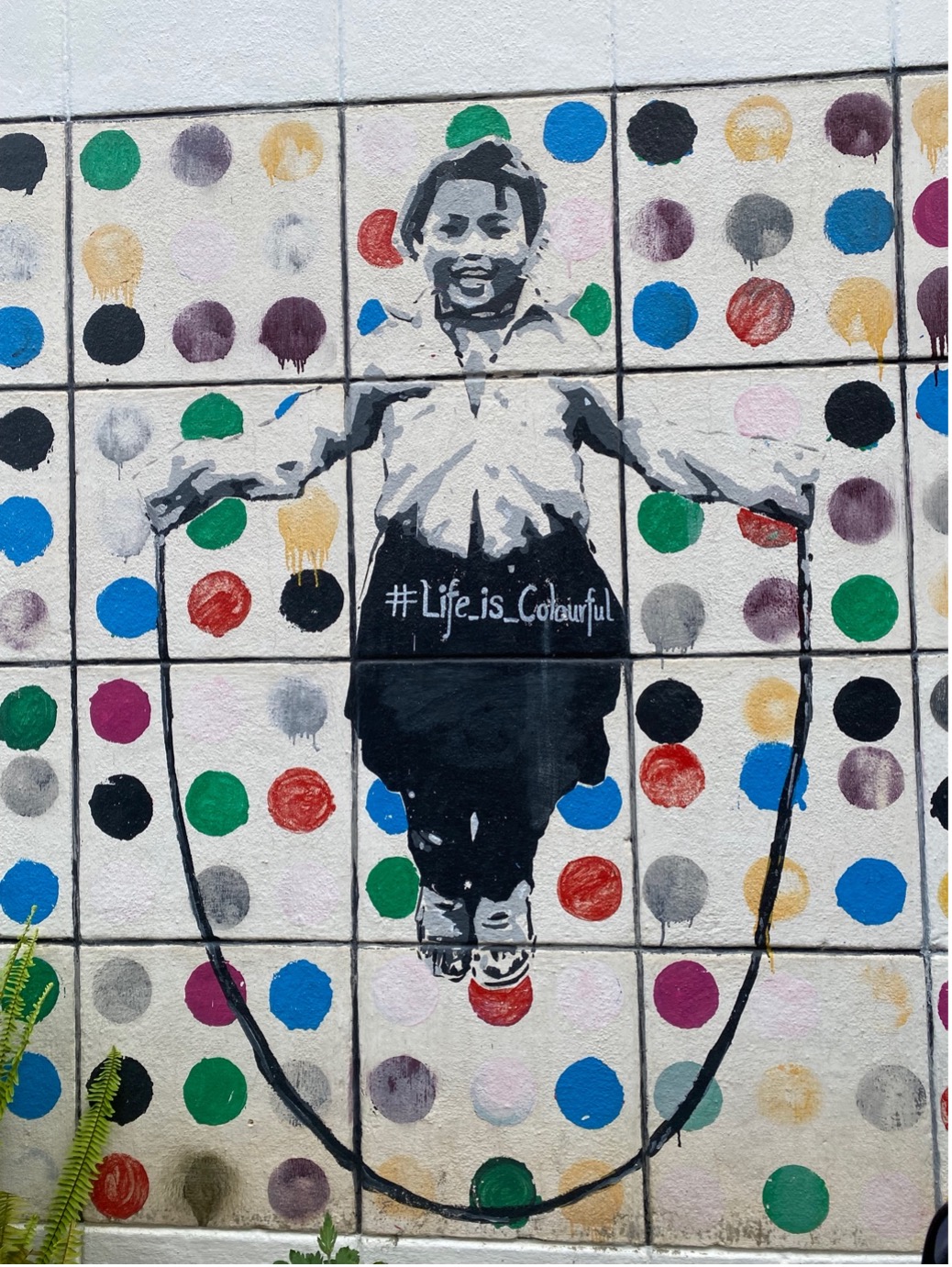
References
Dawadi, S. et al. (2020) ‘Impact of COVID-19 on the education sector in Nepal: challenges and coping strategies’. Advance. https://doi.org/10.31124/advance.12344336.v1
Devkota, K. R. (2021) ‘Inequalities reinforced through online and distance education in the age of COVID-19: the case of higher education in Nepal’. International Review of Education, 67 (1-2), pp. 145–165.
Mottaleb, K. A. et al. (2019) ‘Spending privately for education in Nepal. who spends more on it and why?’ International Journal of Educational Development. Elsevier 69(C), pp. 39–47.
Explore further using our Design Hub...
-
Design Hub
Learn more to access more details of Design HubWelcome to the Design Hub. Enjoy exploring tasters of OU design teaching materials as well as a wide range of design related articles.
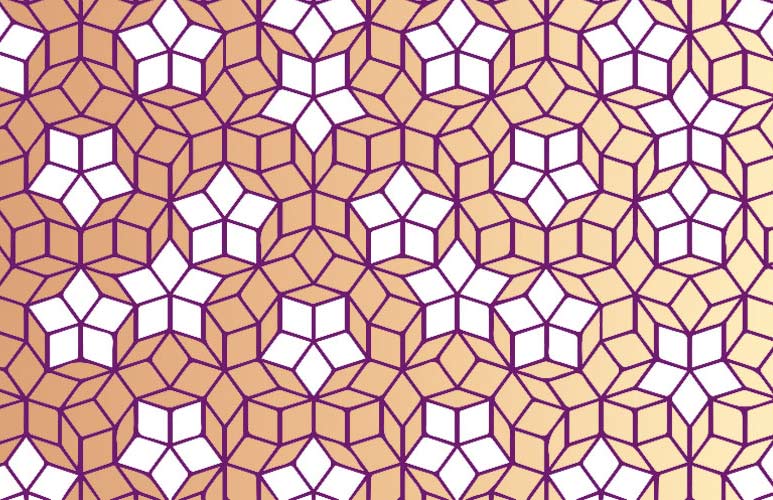
Collection
Like this? Try a FREE course
-
People-centred designing
Learn more to access more details of People-centred designingDesigned products surround us all and range from bus tickets to buildings. This free course, People-centred designing, focuses firmly on usability and the increasingly important phenomenon of people-centred design. It aims to inform consumers of design (i.e., all of us) about this crucial characteristic of design. In addition to stimulating ...

-
Design thinking
Learn more to access more details of Design thinkingAre you ever frustrated with something that you thought you could design better? This free course, Design thinking, will show you how to structure your natural creativity to come up with solutions to all kinds of problems, and have fun in the process too!

-
An introduction to interaction design
Learn more to access more details of An introduction to interaction designFrom apps, phones and business systems to wearables, the Web and the Internet of Things, interactive products have become part of everyday life. But how can interactions be designed to best meet their purpose and offer good user experience? This free course, An introduction to interaction design, explores this topic. You will learn: what ...



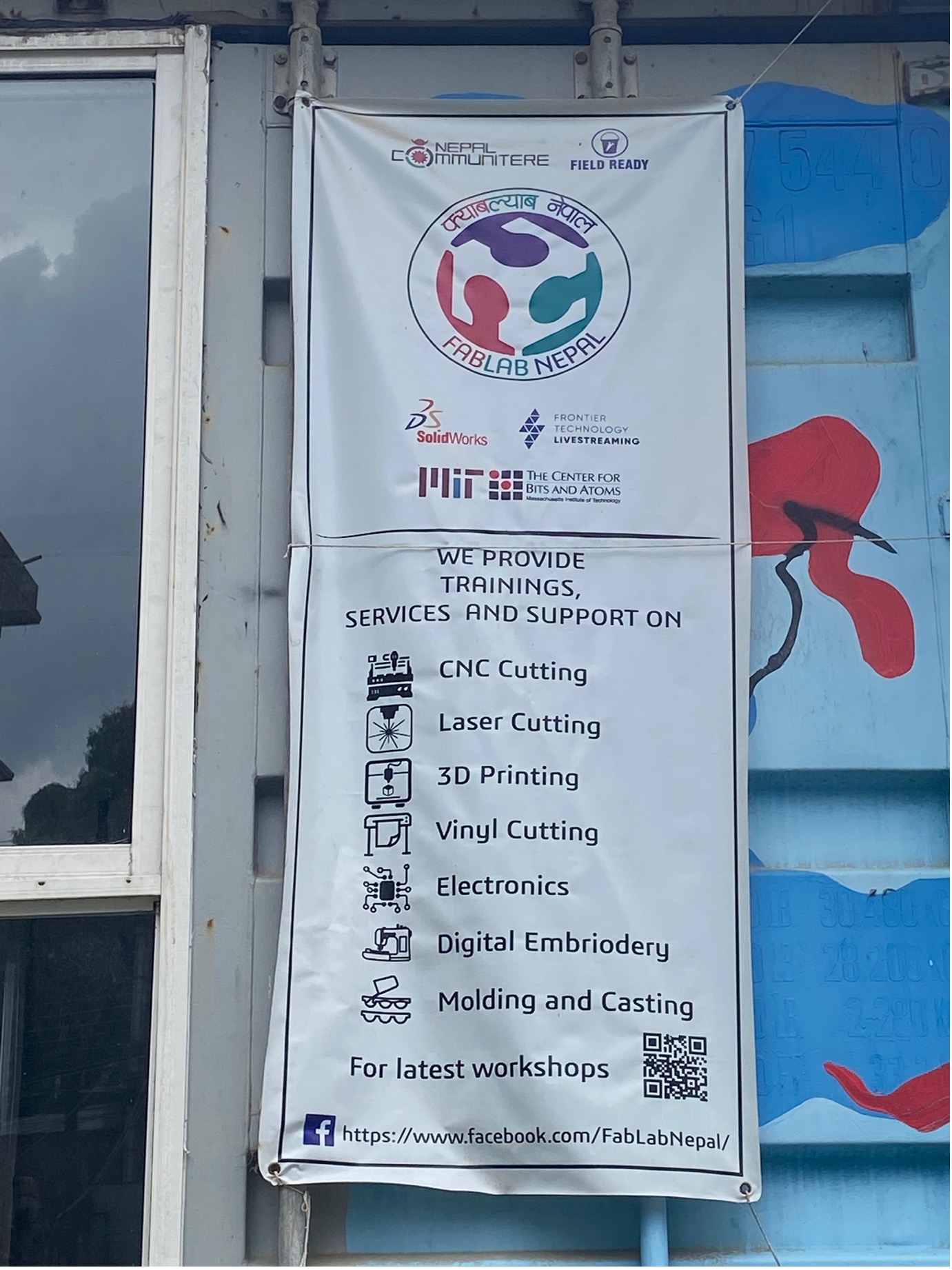
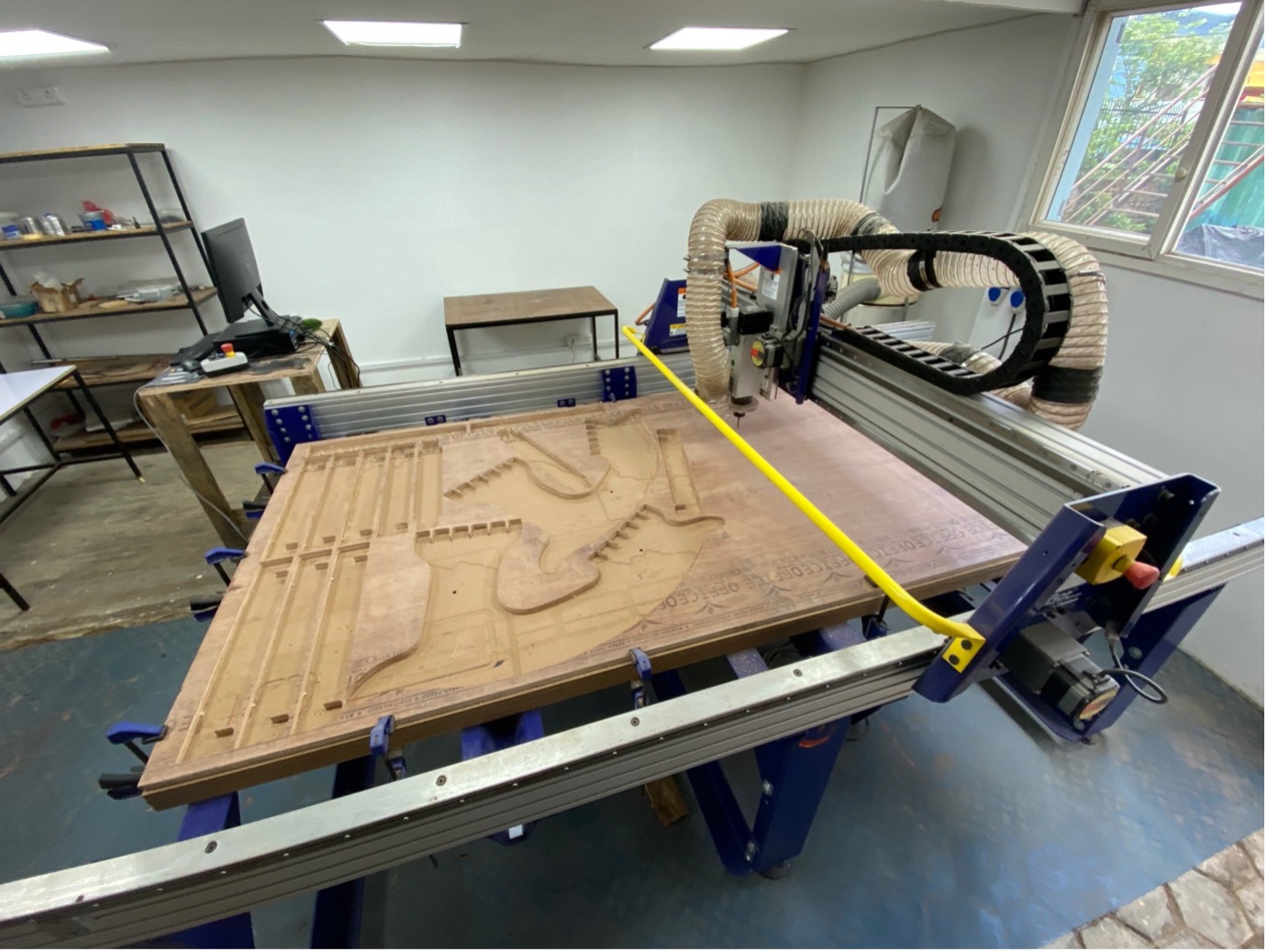
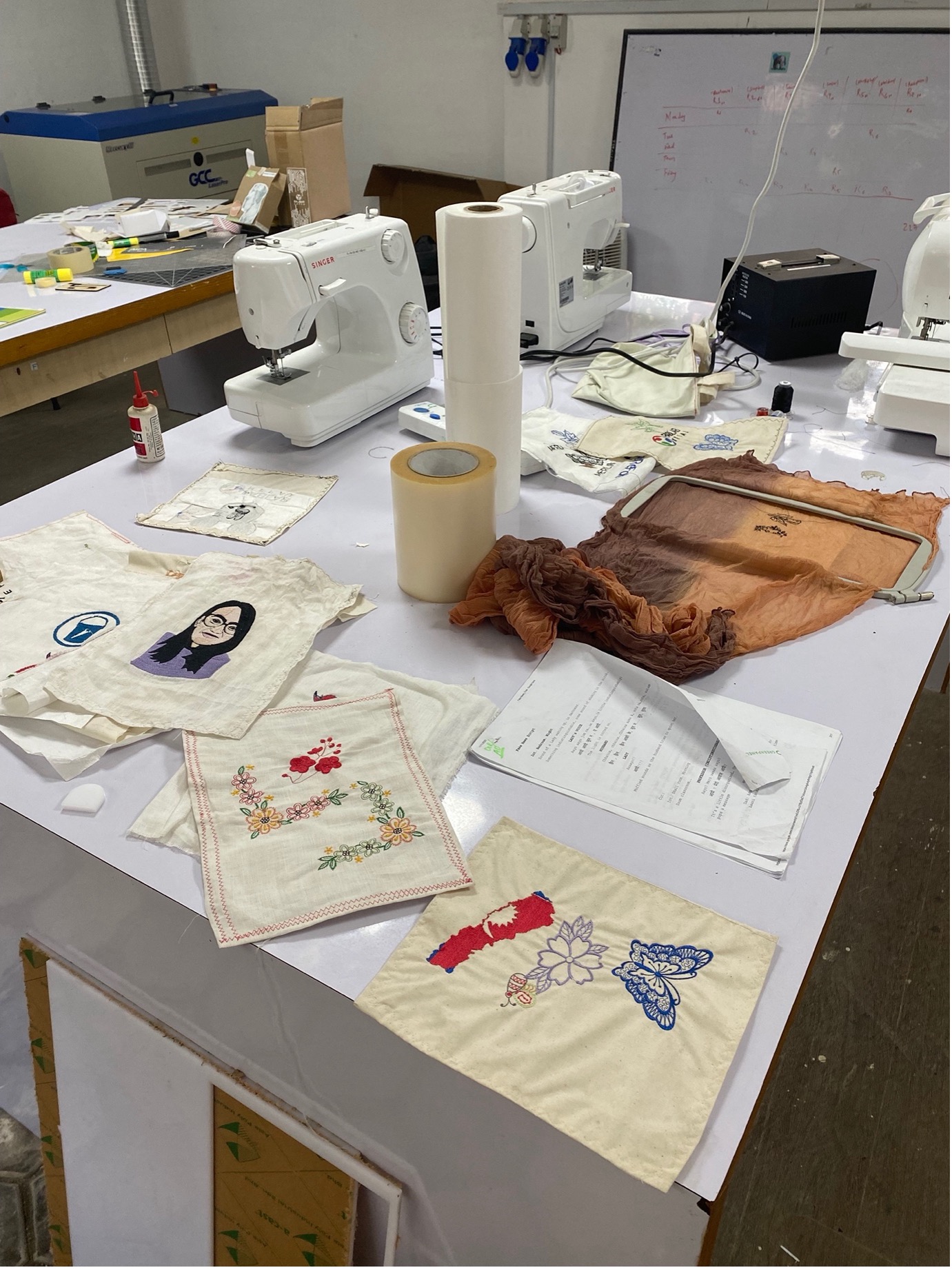
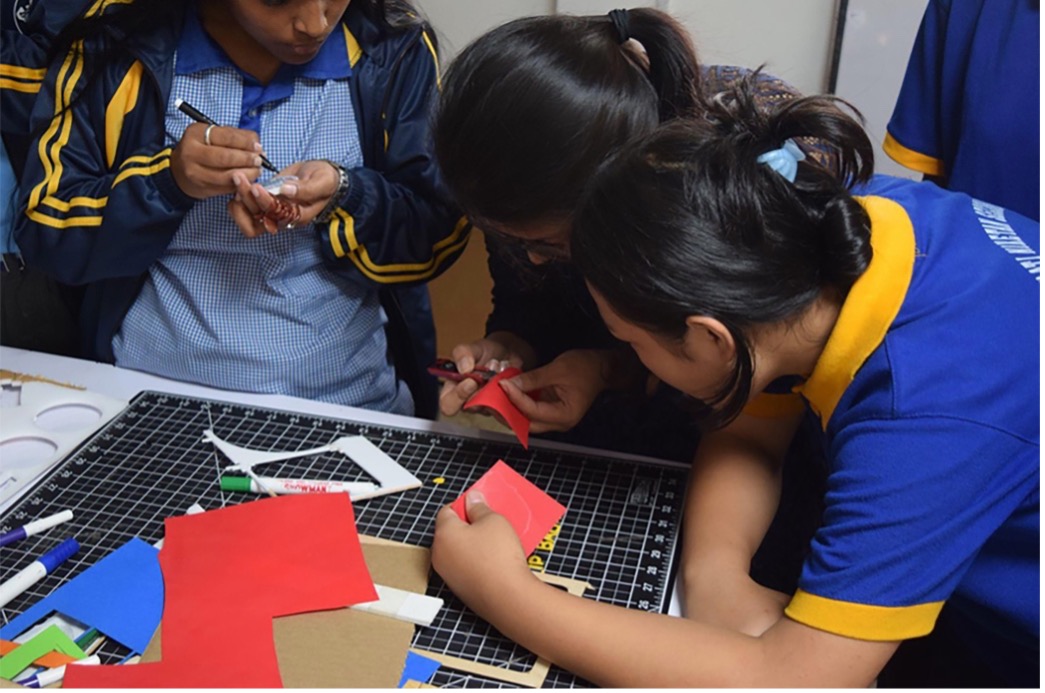
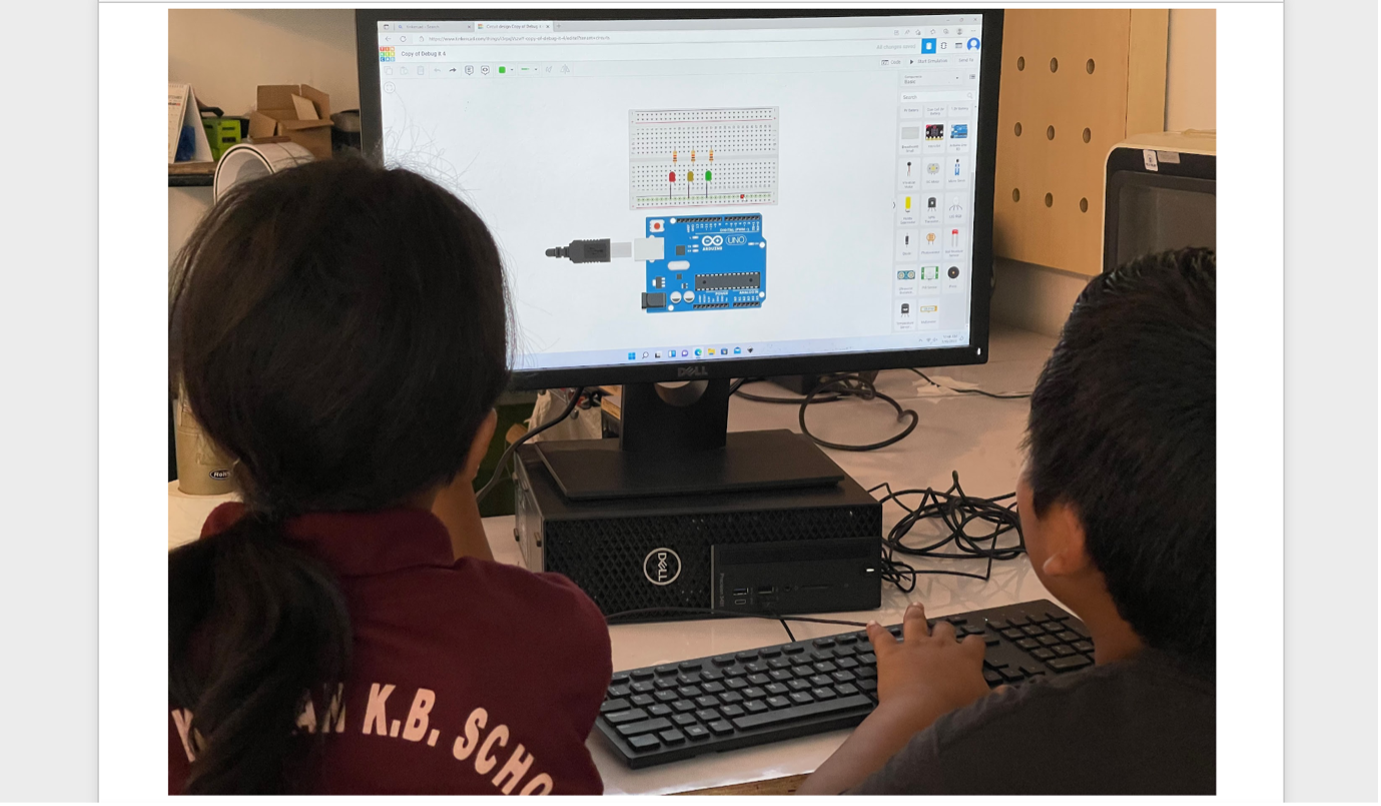
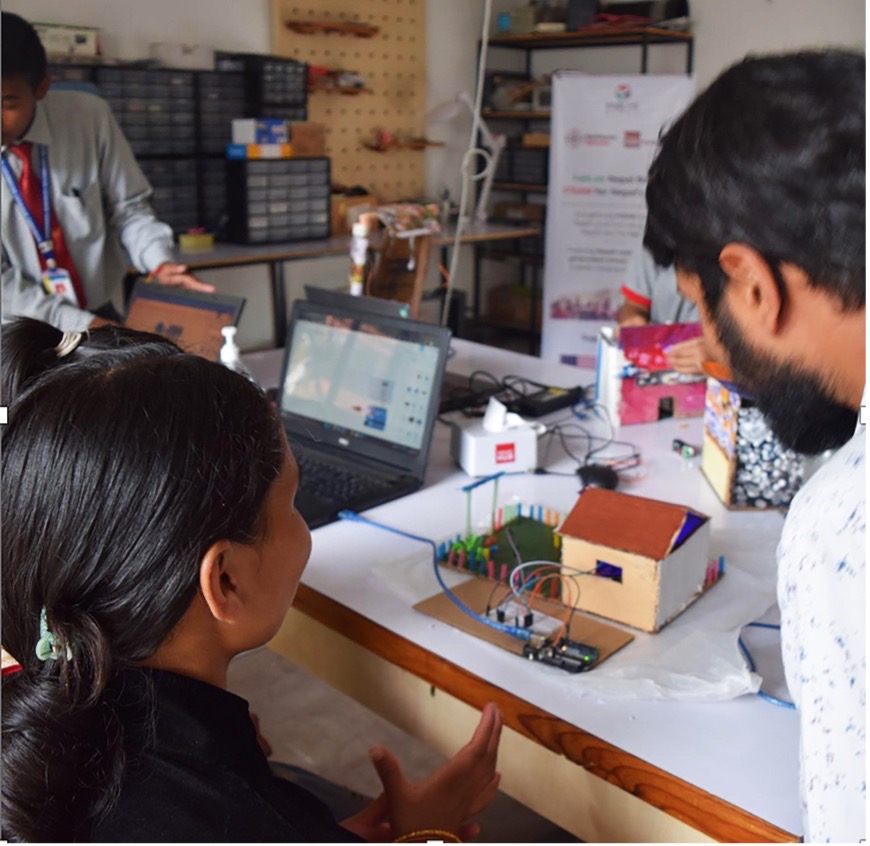
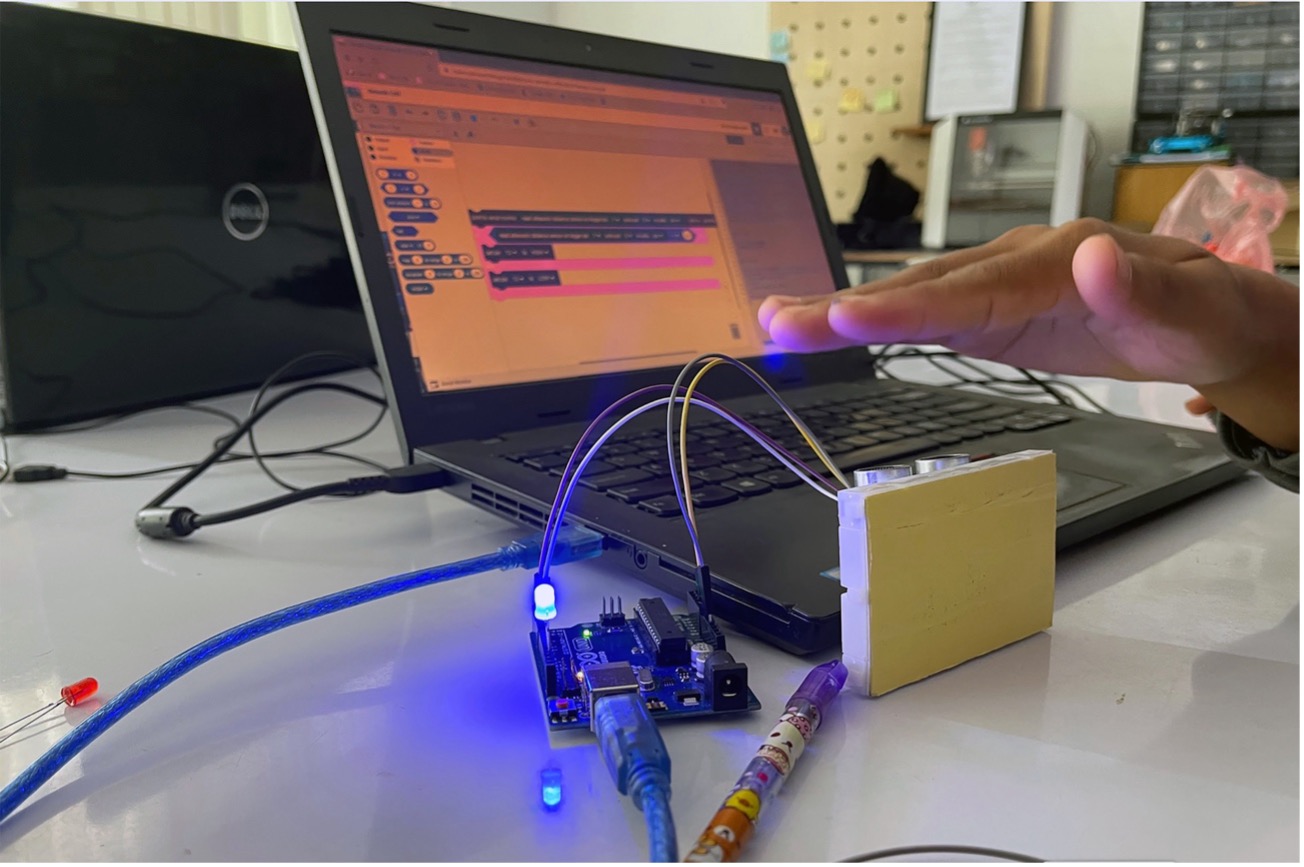
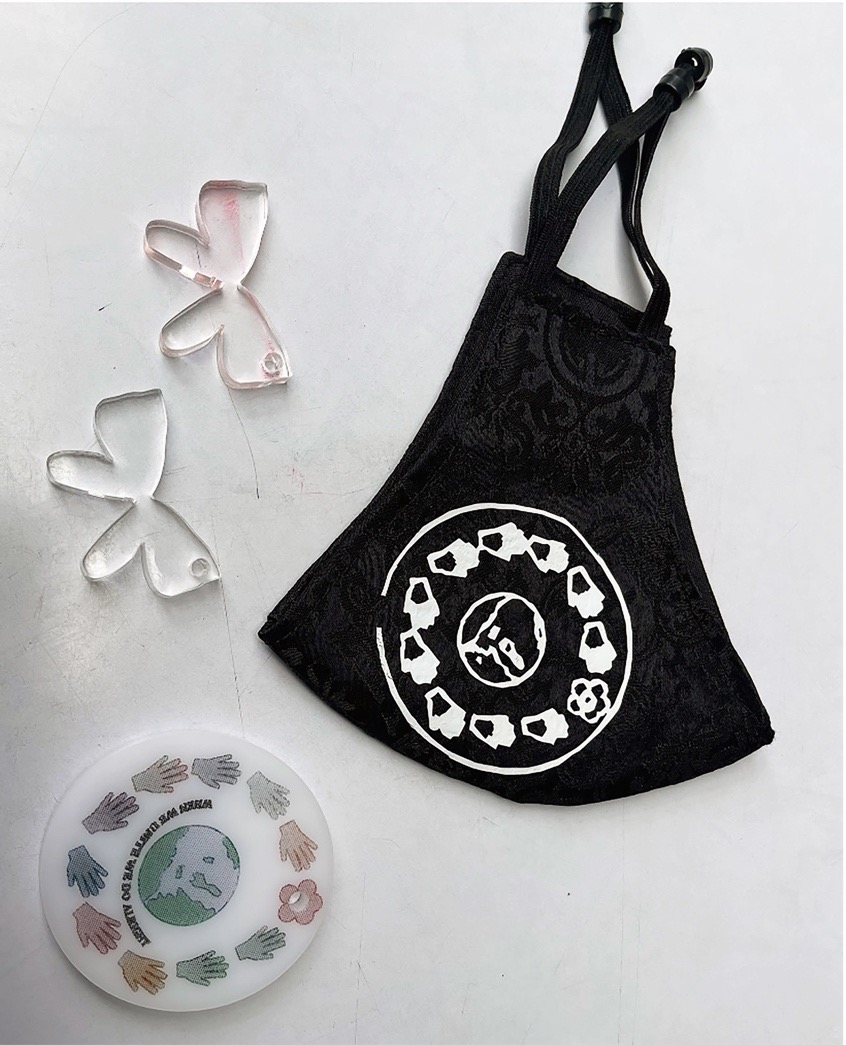
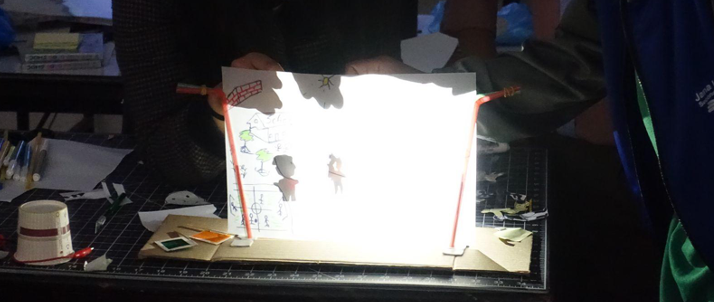
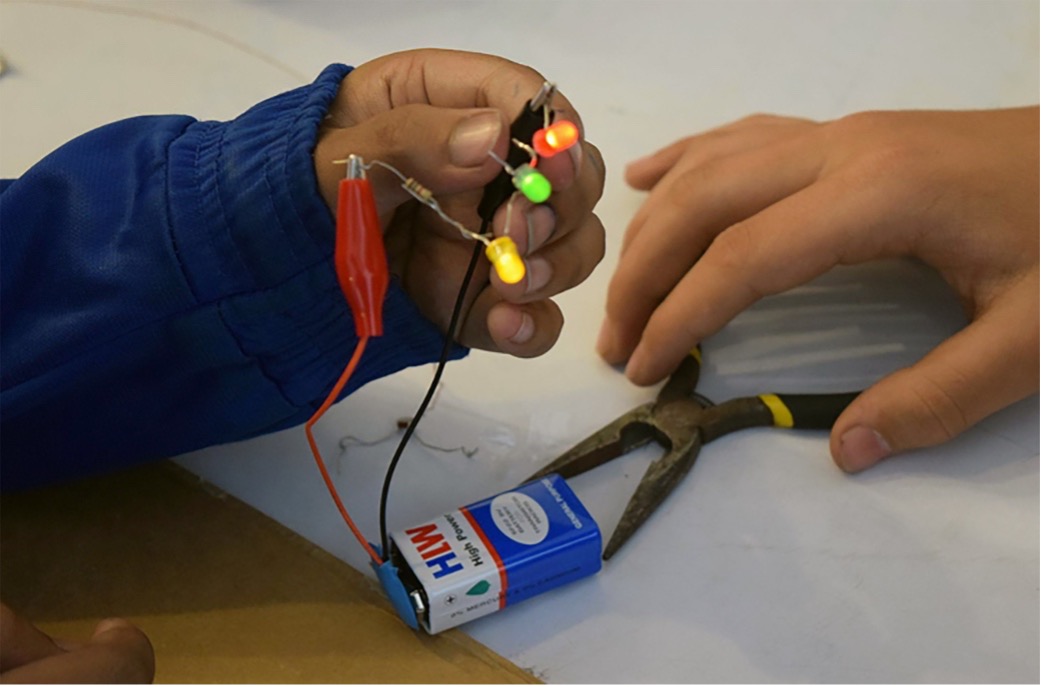
Rate and Review
Rate this article
Review this article
Log into OpenLearn to leave reviews and join in the conversation.
Article reviews